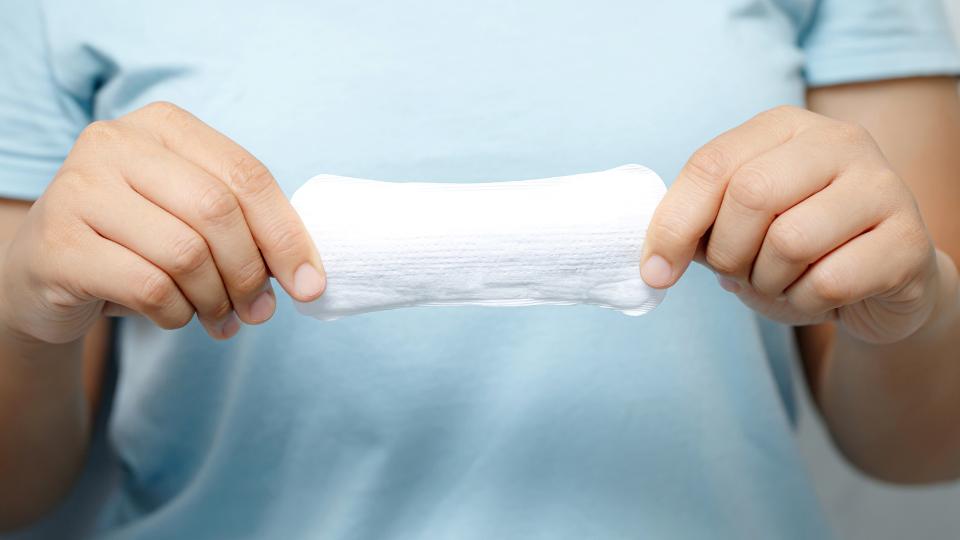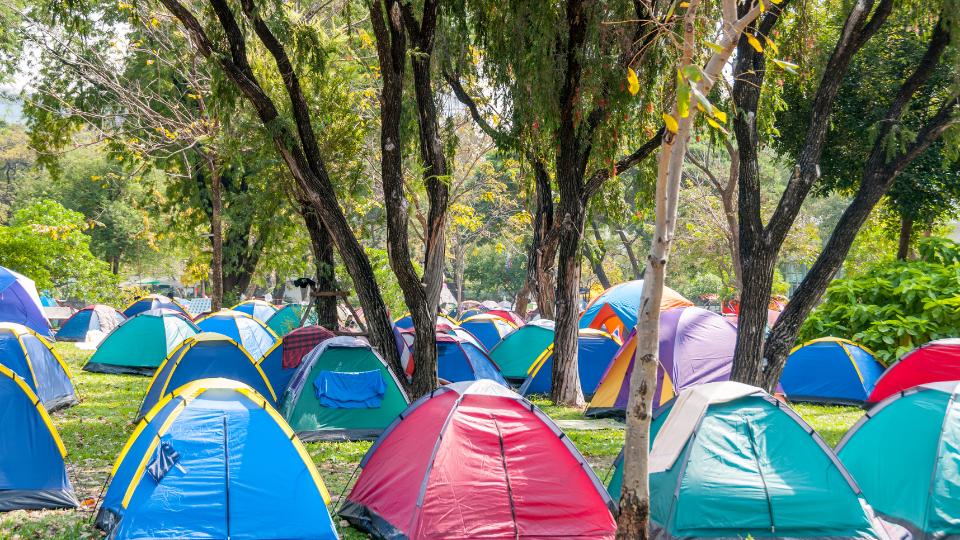
As an event host, you must take the management of sanitary waste at events seriously.
Hosting events, whether they’re conferences, festivals, or weddings, involves meticulous planning across various aspects.
One crucial aspect often overlooked is managing sanitary waste.
Neglecting this aspect can lead to discomfort for attendees, environmental hazards, and even legal issues.
In this guide, we’ll go into effective strategies for handling sanitary waste during events, ensuring a seamless and responsible experience for all involved.
Table of Contents
- Understanding the Scope of Sanitary Waste at Events:
- Strategies for Managing Sanitary Waste:
- Conclusion:

Understanding the Scope of Sanitary Waste at Events:
Before diving into strategies, let’s grasp the magnitude of sanitary waste generated during events.
Events, by their nature, concentrate a large number of people in one area for a specific duration.
Now, consider the waste output of just one individual during a single day, which is just over 4 pounds (2kg) per day.
This includes various types of waste, among which sanitary waste forms a significant portion.
Now, imagine the accumulation during a multi-day event with hundreds or thousands of attendees.
Picture the influx of disposable items such as tissues, wipes, feminine hygiene products, and diapers, alongside the usual waste generated from food and beverage consumption, packaging, and other disposable items.
It’s a staggering amount, to say the least!
Failure to address the sheer amount of sanitary waste produced at events can lead to numerous challenges, including sanitation concerns, environmental pollution, and negative impacts on attendee experience.
By acknowledging the magnitude of sanitary waste generated during events, event planners and business owners can proactively plan and implement effective waste management practices.

Strategies for Managing Sanitary Waste:
Implementing effective strategies for managing sanitary waste is paramount to ensuring a smooth and hygienic experience for attendees during events.
In this section, we’ll explore practical and actionable approaches to address the significant challenge of handling sanitary waste, from pre-event planning to post-event cleanup.
Pre-Event Planning:
Begin by assessing the expected attendance and duration of the event.
This estimation will help determine the quantity of sanitary facilities needed.
Contact and work with waste management companies (just like us!) to develop a comprehensive waste management plan.
Provision of Adequate Facilities:
Ensure sufficient portable toilets and handwashing stations are available throughout the event venue.
The number should be proportional to the expected footfall.
Strategically place these facilities to prevent overcrowding and long queues, which can deter attendees from using them.
Regular Maintenance:
Assign a team for frequent inspections and maintenance of sanitary facilities.
This includes restocking toilet paper, emptying sanitary waste bins, and sanitising surfaces to uphold hygiene standards.
Implement a schedule for waste collection to prevent overflowing sanitary bins and maintain cleanliness.
Promoting Eco-Friendly Practices:
Encourage the use of biodegradable or compostable sanitary products to reduce environmental impact. Provide clearly labeled bins for proper disposal of such items.
Educate attendees about the importance of responsible waste management through signage and announcements.
Emergency Preparedness:
Have contingency plans in place for unforeseen circumstances like bins breaking, more waste than expected or sudden influx of attendees.
Train staff to handle emergencies swiftly and efficiently to minimise disruptions.
Post-Event Cleanup:
Allocate sufficient resources for post-event cleanup, including the proper disposal of sanitary waste.
Conduct a thorough inspection of the venue to ensure all waste is properly disposed of and the area is restored to its original condition.

Conclusion:
Effective management of sanitary waste is a critical aspect of event planning that should not be overlooked.
By implementing the strategies outlined in this guide, business owners can ensure a hygienic and comfortable experience for attendees while minimising environmental impact.
Remember, prioritising sanitary waste management not only enhances the event experience but also reflects positively on your brand’s commitment to sustainability and social responsibility.







